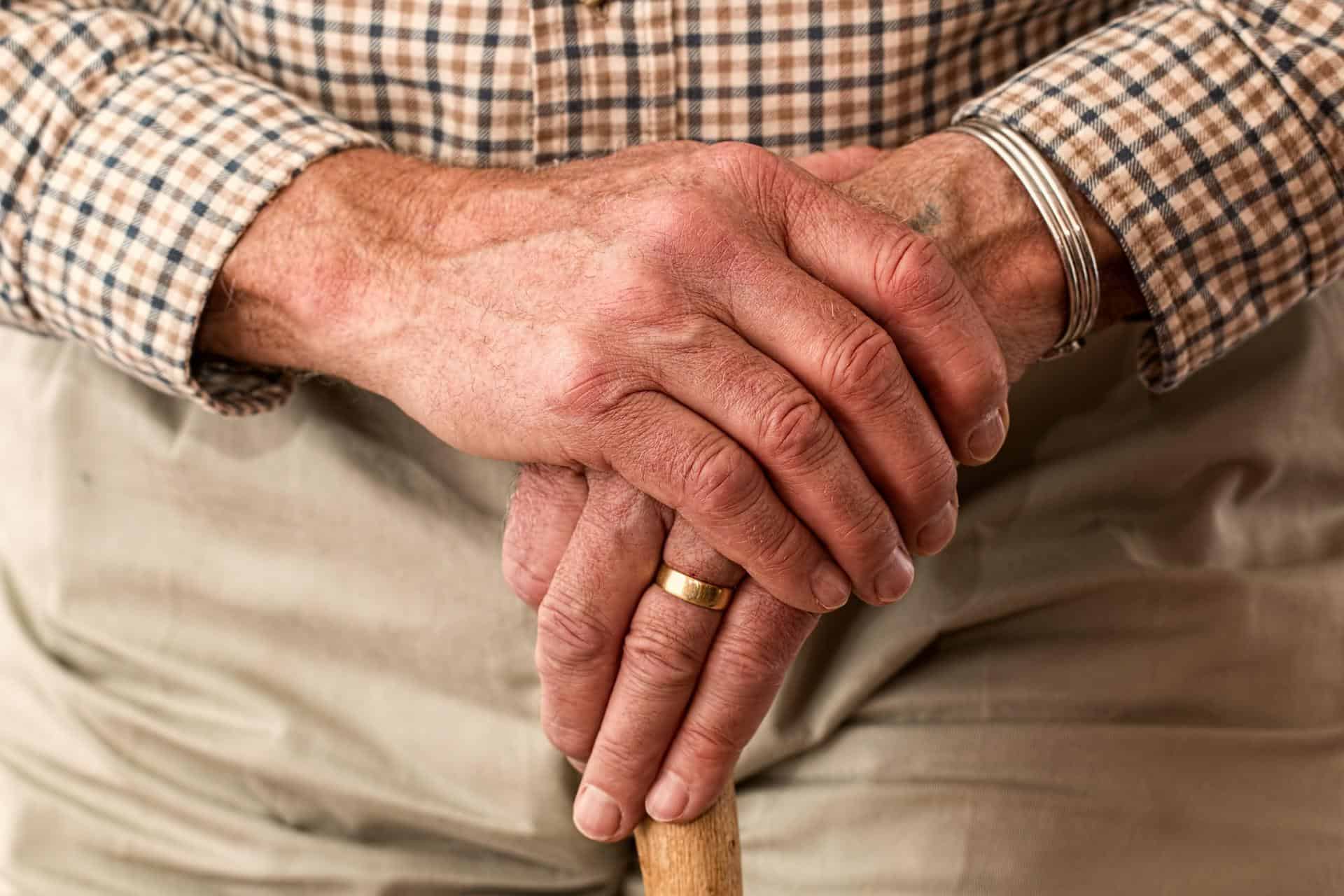“I’ve been working hard and making uninterrupted contributions to the social security system. I want to know if I can get a retirement salary to protect my old age when I’m old? When will I be eligible for the State Pension?”
We recently received an inquiry from our client, Ms. Chen, which was the most worrying topic for young clients.
You might also interested about inheritance tax, click it to read more.
Differentiate between Pension age VS Retirement age
First of all, the national pension age and the retirement age are two different concepts.
So far, the State Pension age for men and women is 66.
But anyone born after April 5, 1960, sees their State Pension age climb to 68 every year.
For now, you can retire at any time, but you won’t receive your State Pension money until you’re 66 (age here refers to people born after April 5, 1960).
Will the State Pension be raised?
State Pension raised as the cost of living increases.
It is adjusted at the highest of the following three points:
- 2.5%
- Inflation extracted from the Consumer Price Index (CPI)
- Average wage growth
Inflation is compared in September and wage growth is compared in July.
The raised will take effect from April 6.
When is the State Pension paid?
The State Pension is divided into two systems – the basic State Pension and the new State Pension.
The demarcation point between the two is April 6, 2016.
The difference is the qualifying number of years of National Insurance contributions that someone needs to establish.
As of now, the first State Pension payment is made within 4 weeks after your 66th birthday, and the payment cycle is every 4 weeks.
The basic State Pension
If you are a foreign male born before April 6, 1951 and a female born before April 6, 1953 receive the State Basic Pension.
The maximum payout is £141.85 per week.
To get the maximum limit, you must show 30 years of full NI contributions.
If your qualifying years are less than 30 years, the pension is prorated.
For example, if you have 20 qualifying years, the payment is £141.85 divided by 30 times your number of qualifying years.
The new State Pension
Expats who reach state pension age on or after 6 April 2016 will receive a new State Pension.
The maximum payout is £185.15 per week.
To qualify for the maximum payment, you must show NI contributions for 35 full years, and as with the basic State Pension, those with fewer years will receive a prorated payment.
How to apply the State Pension
It is not paid to you automatically, you need to:
contact the International Pension Centre.
Complete the International Application Form and send it to the International Pension Centre
It’s worth noting here that you need to file within four months before reaching the state retirement age.
You cannot receive it if your NI contributions are less than 10 years old.
I receive the State Pension, can I continue to work and earn money?
Yes. Receiving the State Pension does not mean that you cannot continue to work or earn income from investments.
If your income and State Pension exceed the personal income tax allowance of £12,570, you can pay tax on the excess.


